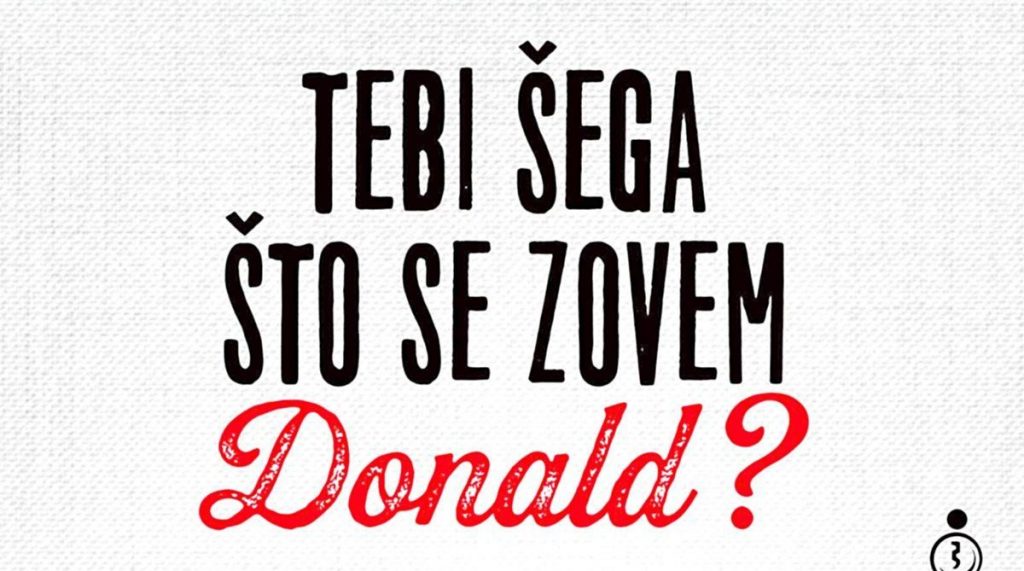The Traduki network connects authors and translators beyond many borders and will continue to do so, especially now. We would like to recommend three recently published book translations that talk about societal changes and personal crises and how to tackle them head-on.
Kad sam bio hodža (When I Was a Hodja)
In the ’90s, Damir Ovčina’s world got turned uspide down. A country collapsed, a war broke out. A 18-year-old young man got trapped behind enemy lines. With this book, the author published a stirring autobiographical account of those times, describing occupier and occupied, living and dead, escape and resistance. The novel was translated into Slovene by Polona Glavan and published by Sanje under the title Ko sem bil hodža. The German translation by Mascha Dabić, titled Zwei Jahre Nacht, was published back in 2019 through Rowohlt.
Ciganin, ali najljepši [A Gipsy, but the Handsomest]
Kristian Novak’s tour de force points to the fact that deep changes impact most severely people on the margins of society. In literature, they are typically condemned to stereotypical supporting characters. Here, they are put centre stage: young Roma Sandi, unemployed Milena, and the Kurd Nusrat. Then, suddenly, a corpse appears. One can read this novel as a simple crime story, yet under the surface the author paints a detailed portrait of our times and uncovers the tragedies, which take place in our imminent surroundings. Cigan, ampak najlepši was published by Žepna Beletrina and translated into Slovene by Đurđa Strsoglavec.
Tebi šega što se zovem Donald? [You Think It’s Funny That I’m Called Donald?]
In his sprawling monologue, war veteran Donald Meerbach jumps from anecdote to anecdote – over mines, past snipers, straight inside a hospital. Eventually, war ends and happier times commence: He starts a family and leads a profitable company. And yet, slowly, he comes to realise that the city he inhabits no longer feels like his own. One of the main protagonists of Ahmed Burić’s bittersweet novel is its language, the distinct Sarajevo dialect peppered with witticisms. Ti je smešno, da mi je ime Donald? was published by Goga and translated into Slovene by Lili Potpara.
